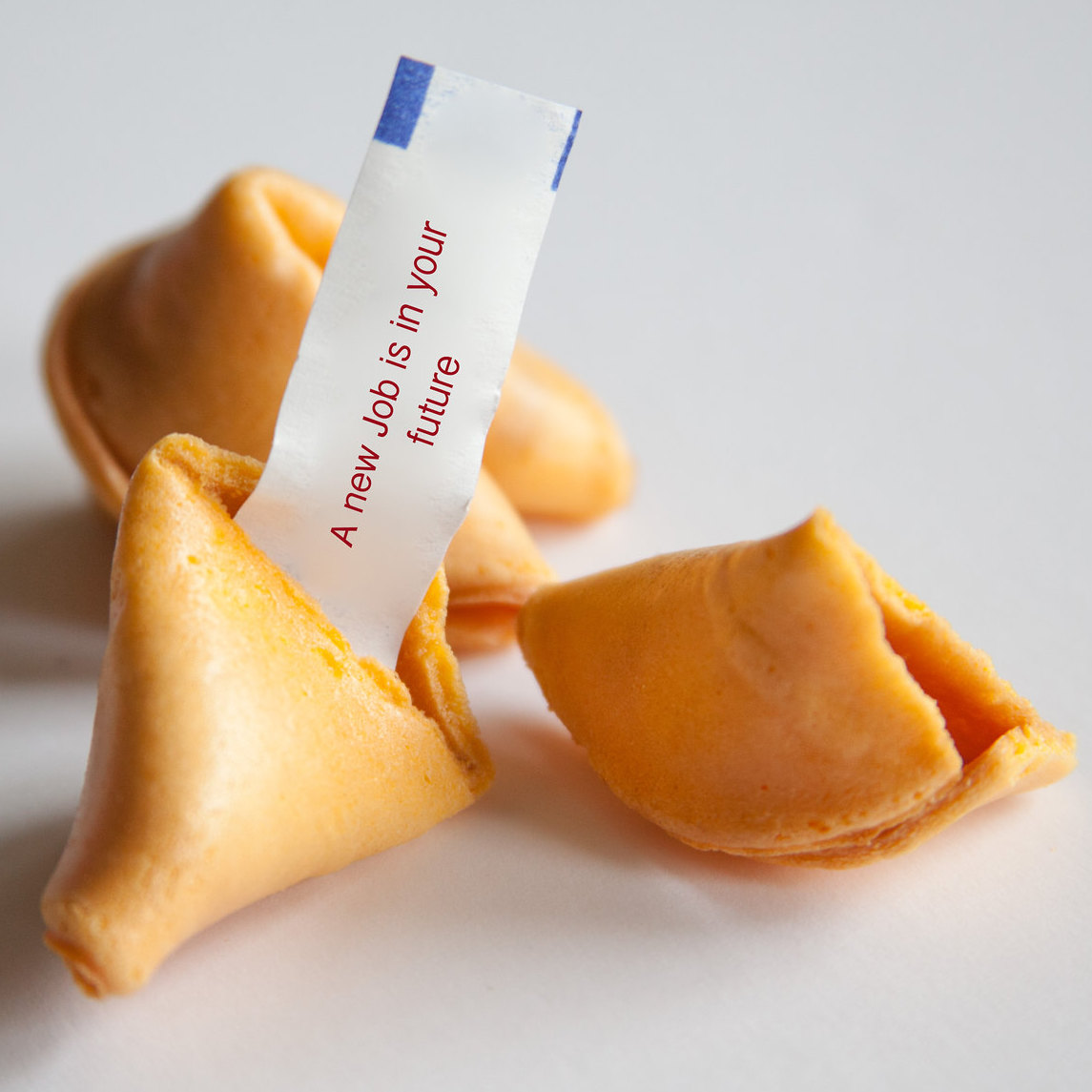What can poker teach you about when to quit your job?
– You got to know when to hold ’em, know when to fold ’em –
– Know when to walk away and know when to run –
Kenny Rogers “The Gambler”.
Here’s a surprising fact about professional poker players: they quit – or fold – much more often than amateurs. Amateur poker players play over 50% of the hands they’re dealt, while great players play only between 15% and 25%.
Our natural intuitions about when to quit are flawed
According to Annie Duke, former poker champion and best-selling author of Thinking in Bets, these numbers illustrate just how poor people’s natural intuitions are about when to quit.
In her latest book, she argues that our poor quitting skills extend to all kinds of life and career choices, not just to poker. We tend to stick to our given path, even when that path is no longer promising. There are powerful forces at work that undermine good quitting behavior, and Annie Duke is not alone in arguing this. In fact, decision science has established a whole slew of cognitive biases that work in favor of “sticking it out”, rather than quitting, even when quitting would be more rational. These biases have been widely documented, and you can find them under terms such as the “sunk cost fallacy“, “loss aversion“, “escalating commitment“, the “endowment effect“, and “status quo bias“. (Granted, many of these concepts overlap.)
However, knowing when to quit is essential for success. Just like bad poker players, we keep losing out if we don’t develop better skills at knowing when to quit.
How can we find the right moment to quit?
Think forward, not back
Think about your future, not your past. This seems obvious, but is much harder than it sounds. If we were perfectly rational and omniscient, we would quit when the expected value—what we’re expecting to get out of the path we’re on—is no longer worthwhile, compared to other possible paths.
In reality, we do let the past creep into our decisions. We care about our life’s narrative. We want our past investments to pay off, even it means sacrificing more while staying on our course.
A trick that can help with this is to imagine a world without the status quo. For example: if you’re offered new position, ask yourself: if I wasn’t already at my current position, which one would I pick? Would I pick my current position or the new alternative? In my conversations with coaching clients, I’ve been surprised how often this question leads to a very clear answer of “I’d definitely take the new one”.
Don’t make decisions in the heat of the moment
When we’re right in the middle of a situation, we often make bad decisions, because our emotions have overwhelmed us. Instead:
Get clarity on your “values” – then figure out how to best meet them
In poker, you would define the expected “value” of your options simply in monetary terms: the amount you might win or lose. In a career, it’s not that simple. What are your criteria – your values – when it comes to you career? What do you want, and what do you NOT want from your work? Define your criteria, and then start to figure out how to best meet them. Look around to see if you could fulfill them better elsewhere. But also, figure out if you might be able to fulfill them better at your current organization, if you made some changes.
Keep exploring, even when things are good
Annie Duke suggests we take a lesson from the ants: even when most of them are on on their way to a big pile of food, a few of them are always wandering off somewhere, seemingly lost and at random. They’re exploring, always. They never know when their main source of food dries up.
Do the same with your resources: spend at least a little bit of your time on exploration. Create and maintain professional connections with people outside your organization. Take the recruiter calls, just in case.
Get a “quitting coach”
It is hard to see ourselves clearly. Annie Duke suggests we all find someone we can talk to regularly, who helps us see when we’re stuck on the wrong path. Your quitting coach could be a friend, a mentor, a coworker, a sibling, or a parent. The best quitting coach is a person who cares for your long-term well-being, and is willing to tell you the truth of what they see, even if it is uncomfortable. I would add to this that it should be someone who understands and accepts your values.
Don’t quit blindly
As enlightening as the poker analogy can be, it has its limits when compared to career choices. One big difference: when you fold in a poker game, you simply wait for the next round. The odds of your next hand are always the same unknown. In other words, you always get the same clean new start, to which you can compare the odds of your current hand. (By the way, if I ever play poker, I’ll find a way to sneak in this Odds Calculator.)
Your future odds on the job market are much less straightforward. But on the upside, you don’t need to fold first, before getting dealt your next hand. If at all possible, look for another job before quitting, and make sure to get as much information about it as possible. Again, get clarity on your values. Then, figure out which of your next options will fulfill them best.
by Ursina Teuscher (PhD), at Teuscher Decision Coaching, Portland OR
Photo credit: www.flazingo.com
